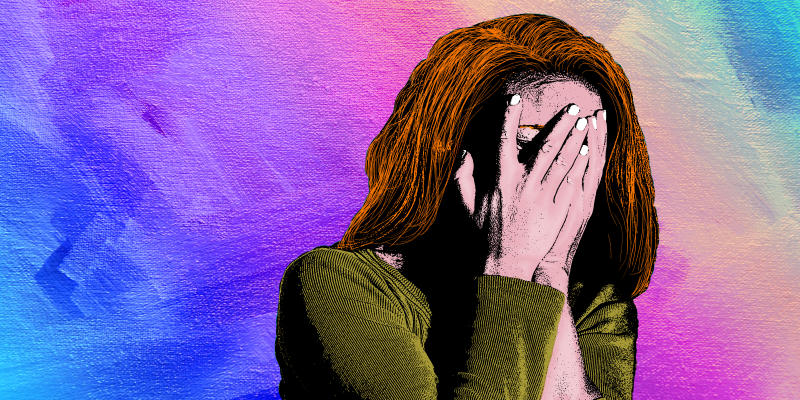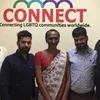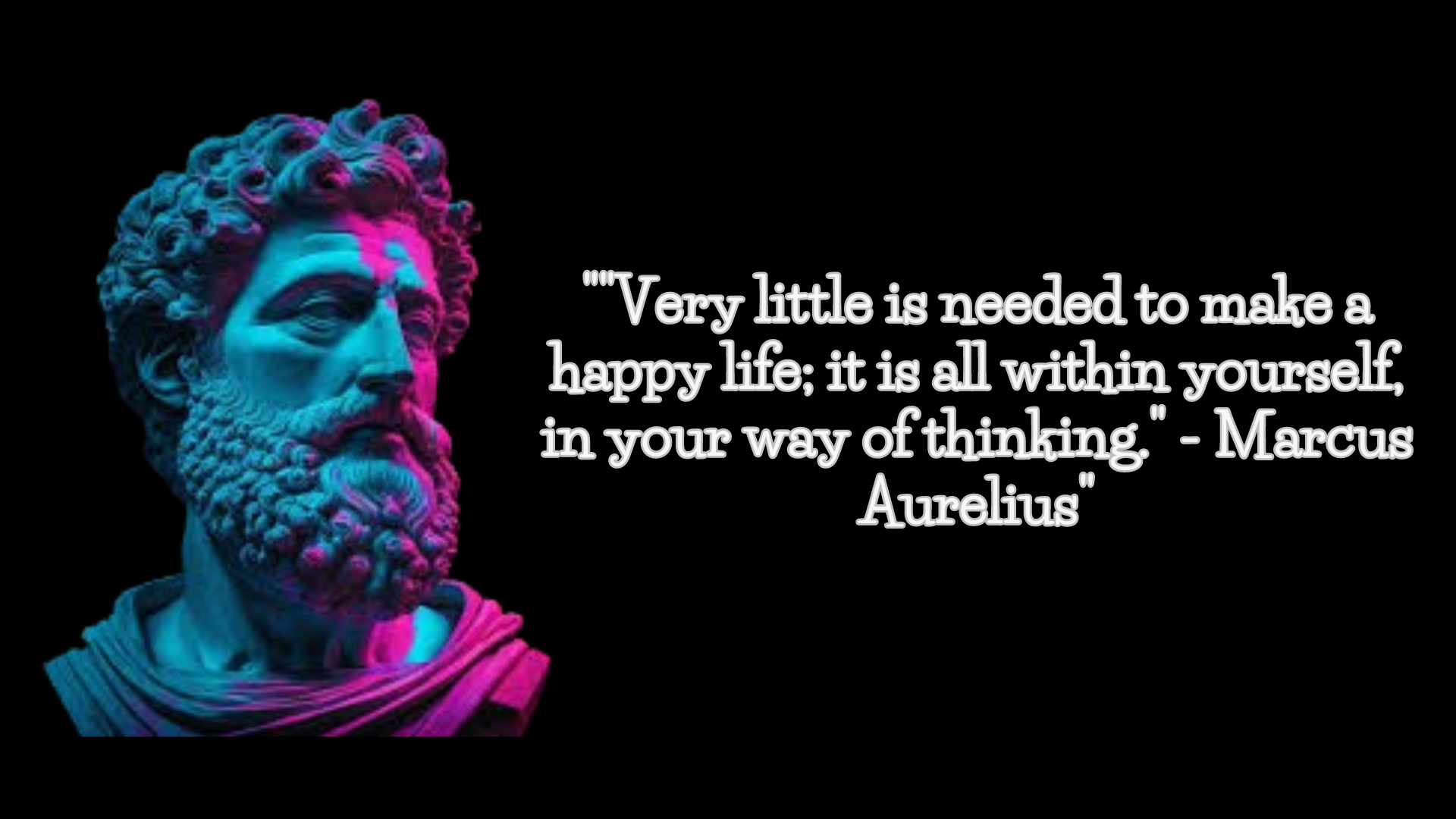New ebook illustrates how LGBTQIA+ community can tackle mental health issues
Mental Health 101 by White Swan Foundation assesses social and environmental factors that affect the mental health of the Indian LGBTQIA+ community.
According to the National Mental Health Survey of India 2015-16, an estimated one in 10 Indians experience mental health issues in their lifetime.
While there are no comprehensive numbers about mental illness in the Indian LGBTQIA+ community, there are some worrying statistics by the National Alliance of Mental Illness in the United States.
It is estimated that people from the community are three times more likely than cisgender-heterosexual people to have a mental health condition and are at a higher risk of suicidal thoughts and substance abuse.

On July 24, the White Swan Foundation released an ebook that explores the various social and environmental factors that play a role in the mental health of India's LGBTQIA+ community.
Mental Health 101 identifies six major factors that affect people of the LGBTQIA+ community across the country - identity formation, dysphoria, belonging, bullying and discrimination, relationships, and stigma against HIV.
It says that growing up in a society where sexual orientation and gender characteristics are rarely discussed, people of the LGBTQIA+ community can feel lonely and like an outsider. It also points out that constant exposure to negative stereotypes of people from the community can lead to isolation and heightened anxiety.
It highlights gender dysphoria, which are 'deep-seated feelings of emotional unease and discomfort', that can arise in people whose gender identity is different from the one assigned to them at birth.
"Conflicts between one’s internal reality and the way the world is can be a source of major distress. The issues start when one is quite young, of course, and can feel the difference or have their differences pointed out," says Mahesh Natarajan, a counselor.
It touches upon bullying and discrimination faced by the LGBTQIA+ community, starting from schools, workplaces, and areas that don't provide the space to openly discuss sexuality or gender identity. The ebook says that the experience of discrimination can be different across different identities, and that factors like geography, class or caste can also influence this.
It says that the discrimination also extends to logistics like employment and lodging, where many don't hire, or rent out houses to people based on their sexuality or gender identity.
Coming to the effect that relationships, romantic or otherwise, have on mental health, the ebook says that people from the LGBTQIA+ community "are susceptible to experiencing emotional, physical or sexual trauma as a result of not fitting into heteronormative standards."
Brooding stigma against HIV can make a person more vulnerable to mental health issues. It can also discourage them from getting tested because of fear of discrimination and can also affect the quality of healthcare they receive.
The ebook states,
"Constantly having to fight for your basic rights and amenities can require a great deal of emotional and physical effort. These social factors can impact your emotional wellbeing and mental health. Prolonged stress caused by any of these factors can make you vulnerable to mental health issues such as depression or anxiety."
It also outlines advice to people who are considering coming out - make sure you are ready to talk about your identity, ensure you have a safety plan in place, think about to whom, when, and where you want to come out, remember that the other person's reaction is not your responsibility, and remember that coming out is a continual process.
There is also information about transitioning for those who identify as transgender and wish to make medical, social, and/or legal changes.
"Not all trans persons transition. Some may not want to transition; some others may not have access to resources to transition. Whether or not a trans person transitions, they can have legal documents that reflect multiple gender identities. This could be a strategic choice, or due to social and legal obstacles in reflecting their chosen gender in a document."
So, when is it time to seek help for a mental health issue?
The ebook suggests seeking help from a psychologist, psychiatrist, counselor, or social worker if one notices certain persistent signs. These include isolation, mood swings, sadness, anxiety, anger, changes in sleep or eating patterns, turning to substances, indulging in risky behaviour, and/or unexplained aches and pains. It also says that the earlier one seeks help, the better their chances of recovery.
Apart from seeking professional help for mental health issues, the ebook presents a self-care checklist, which includes eating healthy, taking time out for oneself, getting enough sleep, regular exercise, and surrounding oneself with positive people.
It also lists a few helplines and resources that people from the LGBTQIA+ community can benefit from.
The way forward as a friend/ally/family member
One can begin by initiating conversations around mental health and support a friend from the LGBTQIA+ community experiencing emotional distress. A few ways to do this are recognising the signs, talking to them, listening to them without judgements, and offering empathy.
(Edited by Saheli Sen Gupta)









